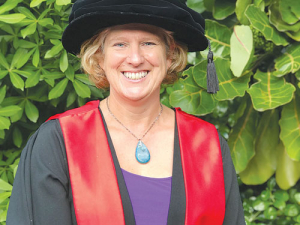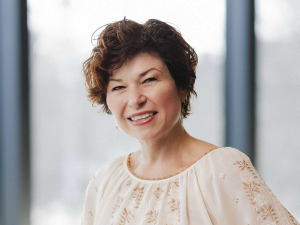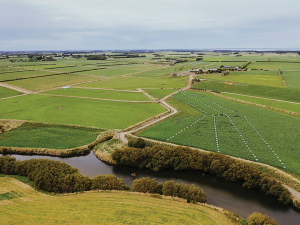Many rural nurses hold “incredible frustration” at the lack of support to move forward to become nursing practitioners says Sue Adams, a senior lecturer at Massey University’s School of Nursing.
One experienced nurse worked in a very rural practice which went through 16 locum doctors attached to GPs in two years. She studied to become a NP, but the district health board (DHB) wouldn’t employ her in that role in that region.
“It is this type of story I kept hearing. A number of the nurses would train to become NPs and then their practices would say ‘we don’t really want a NP’.”
Adams says they are a very cost effective workforce, particularly when compared to the cost of locums.
“We over-use locums in rural primary health care in NZ.”
Many locums are from overseas on work experience so only stay for a few months. “Often a NP stays living in the community, engages with the community and links the community to health services in a way we often don’t see in our current medical practices.”
There are many examples of successful models in Canada and the US and a few in NZ including Te Tai Tokerau primary health organisation (PHO) and Mid Central DHB and PHO doing a great job in developing nurse practitioners.
But it is still not happening at mainstream level, Adams says.
“The evidence is beginning to say that we need to turn around the model of service delivery we have in NZ,” she says.
“There is no need to have primary health care services as doctor-led. NP-led primary health care services would be as effective and possibly do more to increase levels of community wellness through the nursing approach to practice.”
She believes a clear strategy and push at national level is needed for greater accountability across the whole sector to train and employ nurse practitioners. But she believes support is hampered or blocked by “powerful medical lobby groups”.
Adams supervisor, Professor Jenny Carryer, hopes the upcoming Budget will make a cost effective decision to increase NP training rather than increase GP training. Historically GPs do not choose to work in under-served areas.
“The government and Health Workforce NZ continue to try to find ways of recruiting more GPs and sustaining GPs in their work rather than saying ‘let’s look at another way of doing this to achieve at least as good, if not better, health outcomes for our communities’.”











